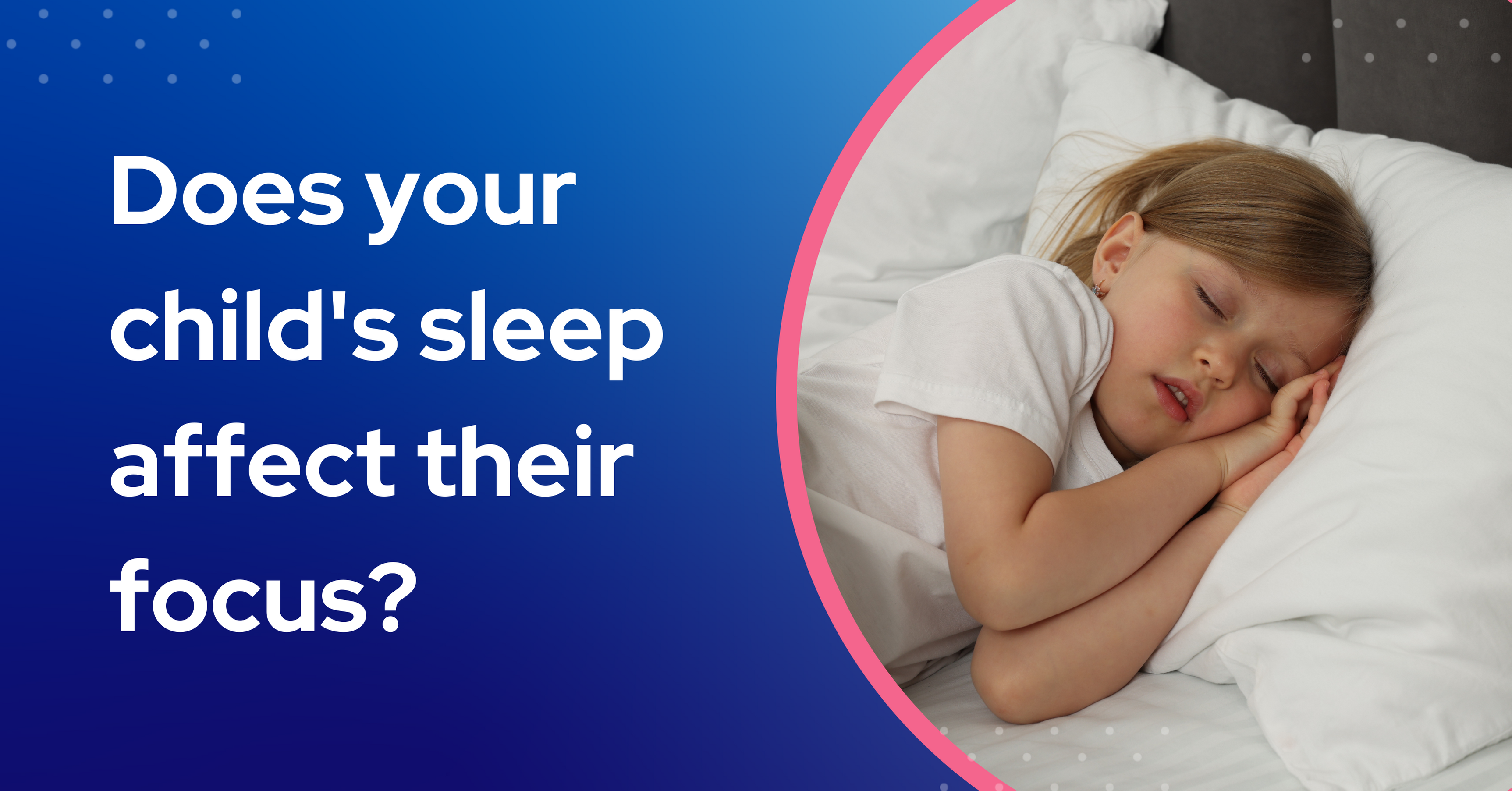Many parents witness their children struggle in school, a concern that can often be linked to sleep quality. There is a crucial link between sleep and focus in children. Sleep disorders like snoring can hinder concentration and tools like Spot Pal can help promote better sleep.
The Importance of Sleep for Children
Sleep is a vital biological process essential for children's physical and mental development. During sleep, the body repairs tissues, consolidates memories, and regulates hormones crucial for growth and cognitive function. Adequate sleep allows children to wake up feeling refreshed, alert, and ready to learn.
Sleep Disorders and Their Impact on Focus
Several sleep disorders can disrupt sleep quality and negatively impact a child's focus. Here are some common sleep disorders in children and their effects on concentration:
- Sleep-disordered breathing (SDB): This condition encompasses various breathing problems during sleep, including snoring and obstructive sleep apnea. Children with SDB experience frequent breathing interruptions throughout the night, leading to fragmented sleep and daytime sleepiness. Studies have shown that SDB can impair attention, memory, and executive function in children, making it difficult for them to focus in school.
- Mouth breathing: While nasal breathing is natural, some children develop a habit of mouth breathing. This disrupts sleep patterns and leads to sleep disturbances. A study suggests that mouth breathing in children can cause sleep difficulties and symptoms similar to ADHD, potentially leading to misdiagnosis.
Effects of Sleep Deprivation on Focus
Even without diagnosed sleep disorders, simply not getting enough sleep can significantly impact a child's ability to focus. Sleep-deprived children experience:
- Decreased alertness: Without sufficient sleep, children struggle to stay awake and alert during the day. This can make it difficult for them to concentrate on classroom activities and retain information.
- Impaired cognitive function: Sleep deprivation can negatively affect a child's memory, processing speed, and problem-solving skills. These cognitive deficits can hinder their ability to learn and perform well in school.
- Increased behavioral problems: Sleep-deprived children are more likely to be irritable, hyperactive, and have difficulty controlling their emotions. These behavioral issues can disrupt classroom learning and make it challenging for them to focus on tasks.
Improving Your Child's Sleep
If you're concerned about your child's sleep habits and their impact on focus, there are steps you can take to promote better sleep hygiene:
- Establish a regular sleep schedule: Create a consistent bedtime and wake-up time for your child, even on weekends. This helps regulate their body's natural sleep-wake cycle.
- Create a relaxing bedtime routine: Develop a calming bedtime routine that helps your child wind down before sleep. This may include taking a warm bath, reading a story, or listening to calming music.
- Optimize the sleep environment: Ensure your child's bedroom is dark, quiet, cool, and free from distractions like electronic devices.
- Limit screen time before bed: The blue light emitted from electronic devices can interfere with sleep. Encourage your child to turn off screens at least an hour before bedtime.
- Address underlying medical conditions: If you suspect your child has a sleep disorder like SDB or mouth breathing, consult a doctor for proper diagnosis and treatment.
Tools and Solutions
In addition to the tips mentioned above, there are tools and solutions available to help children get a better night's sleep:
- Spot Pal: A custom-fit oral appliance designed to train the tongue to rest in the proper position, eliminating habits like tongue thrusting and sucking. By retraining the tongue posture, Spot Pal may improve sleep quality in children (and adults) with mouth breathing issues.
Conclusion
A good night's sleep is essential for a child's overall well-being and academic success. By understanding the connection between sleep and focus and implementing strategies to improve your child's sleep hygiene, you can help them achieve their full potential in school and life. If you have any concerns about your child's sleep patterns or suspect a sleep disorder, consult a healthcare professional for guidance.
Additionally, custom-fit oral appliances can be a great option for addressing certain sleep issues that contribute to poor sleep quality. Visit Spot Pal to learn more about how our custom-fit oral appliances can help your child achieve a better night's sleep!

Share:
Long-Term Side Effects of Pacifier Use and Thumb Sucking
Simple Tools to Improve Your Child's Speech Clarity